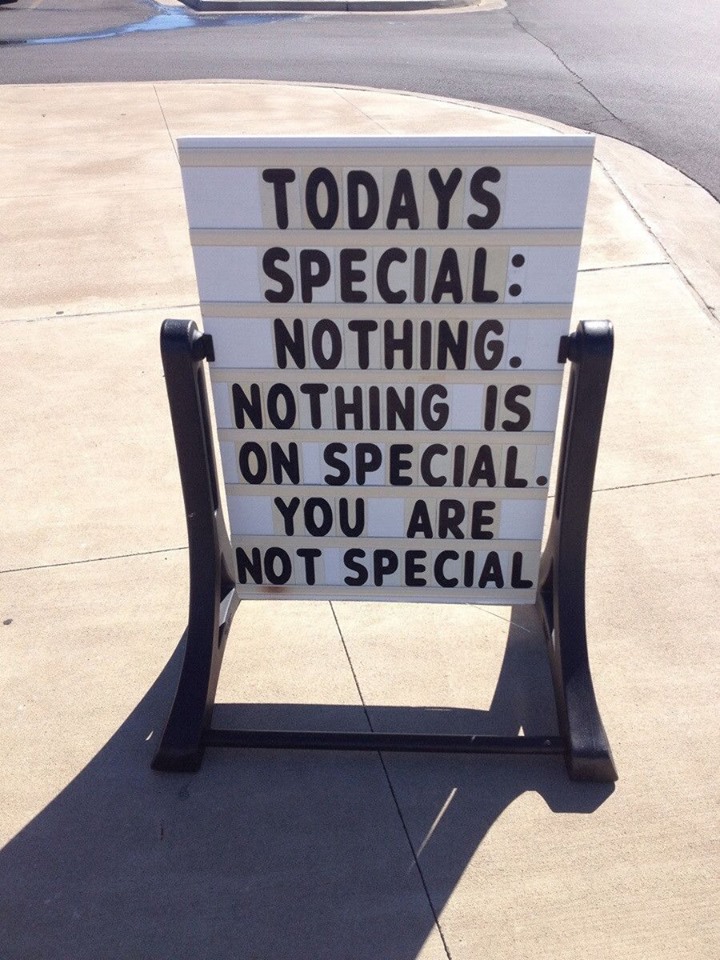 I found this interesting pic online not long ago and it occurred to me that the sort of alternative approach to identity being entertained at Culture on the Edge — an approach to identification that structurates and historicizes agency and intention — is likely one that runs counter to the commonsense notion of the individual, of the self, that most of us have, making this idea of the individual itself a social thing. This alternative approach therefore places emphasis on the collective situation in which our idea of the individual comes into existence as a discursive item, as a social, legal, political fiction which helps to make possible the worlds that we take for granted.
I found this interesting pic online not long ago and it occurred to me that the sort of alternative approach to identity being entertained at Culture on the Edge — an approach to identification that structurates and historicizes agency and intention — is likely one that runs counter to the commonsense notion of the individual, of the self, that most of us have, making this idea of the individual itself a social thing. This alternative approach therefore places emphasis on the collective situation in which our idea of the individual comes into existence as a discursive item, as a social, legal, political fiction which helps to make possible the worlds that we take for granted.
Case in point: private ownership is possible only once we have legally defined and distinguished individuals in place.
To entertain such a radically historicized and socialized notion of the self, of identification as a means to signify the self, means that we have to be willing to entertain that we, each of us, are not special, at least not how we usually think of it. Instead, we might consider that we become special to certain people, at specific times, for particular reasons. We thus turn our attention to the strategies of specialization, as an ongoing process and series of discrete practices, rather than seeing its product as a free floating, transcendental value — much like the move from expressing an identity to studying the techniques and sites of identification.
If we insist on thinking of ourselves as unique, as special, as rugged individuals who stand out from the crowd, then, it is because of the others to whom we are related, in structured situations not of our making. What makes us stand out, in short, are the shoulders we’re thrust upon.




 I found this interesting
I found this interesting 